"Innovations and capabilities developed in China can often extend to other countries, positioning China not only as a critical market for local success but also as a strategic hub for driving growth and competitiveness in international markets," he said.
The Weybridge, United Kingdom-headquartered group plans to complete the acquisition of all equity interest in Tianjin TSKF Pharmaceutical Co Ltd, its joint venture in China, from its local partners next year, after it raised its stake in Tianjin TSKF from 55 percent to 88 percent through an investment of 4.47 billion yuan earlier this year.
"This is our largest single investment in China to date, aimed at upgrading and modernizing our supply chain system within the country," said McNamara.
Backed by the most comprehensive range of industrial categories and the most complete supporting systems, China's manufacturing industry, based on United Nations standards, has maintained its position as the world's largest by scale for 14 consecutive years. The country accounts for over 30 percent of global output, according to information released at the second China International Supply Chain Expo by the CCPIT.
The grand event, held in Beijing in late November, attracted over 620 Chinese and foreign companies, such as China Baowu Steel Group, Rio Tinto, Siemens AG and Honeywell International Inc, marking a 20 percent increase in the number of exhibitors compared with the first edition. The proportion of overseas exhibitors climbed from 26 percent to 32 percent.
The second edition of the CISCE witnessed the signature of over 210 trade deals and tentative agreements totaling more than 152 billion yuan, up 1.3 percent from the inaugural expo, according to its organizer CCPIT.
Lin Meng, director of the modern supply chain research institute at the Beijing-based Chinese Academy of International Trade and Economic Cooperation, stressed that ensuring the stability of global supply chains is crucial for tackling challenges faced by businesses worldwide, including rising costs, geopolitical tensions and increasing protectionism. These factors could exacerbate global inflation.
"As China climbs up the value chain, it has increasingly transitioned into an exporter rather than an importer of intermediate goods for manufacturers in other regions. This evolution boosts connectivity and further enhances the competitiveness of global supply chains," said Lin.
Echoing the sentiment, Poh-Yian Koh, senior vice-president of FedEx Express and president of FedEx China, said her company will continue to expand its service network into second- and third-tier cities in China while enhancing its portfolio of e-commerce solutions by providing services that combine competitive speed with attractive prices for Chinese e-tailers.
"Multilateral trade and economic globalization will continue to empower the growth of China's foreign trade and the internationalization of Chinese companies," she said.
As the world continues to emerge from unprecedented economic and supply chain challenges in recent years, working together for multilateral trade and inclusive globalization is vital to catalyzing progress, she added.
According to data from the National Bureau of Statistics, China contributed an average of 24.8 percent annually to global economic growth from 1979 to 2023, ranking first globally, with its economic dividends benefiting all countries.
Driven by surging demand for China's electromechanical products in overseas markets and ongoing improvements in trade structure and quality, China's foreign trade expanded by 4.9 percent year-on-year to 39.79 trillion yuan in the January-November period of 2024, statistics from the General Administration of Customs showed.
To further enhance its role as a key link in the global supply chain, facilitating the timely delivery of raw materials, intermediate goods and finished products to international markets, China adopted 16 measures in early December to optimize the business environment at its ports and streamline customs clearance processes for foreign trade companies.
The government aims to cultivate new drivers of foreign trade growth and explore new opportunities. These measures will sustain the development of new foreign trade formats such as cross-border e-commerce and bonded maintenance, said Lin Shaobin, deputy director-general of the GAC's general operations department.
Lin said that the new measures also include facilitating faster Customs clearance for businesses, assisting companies in fully utilizing tax incentives and helping them reduce operational costs.
Currently, more than 630,000 domestic and foreign-invested companies in China are involved in import and export activities, serving as the driving force behind the country's efforts to expand its presence in international markets, said the GAC.
Drawn by China's key location in the Asia-Pacific regional market and robust supply chain capacity, about 51 percent of German companies plan to increase investments in China within the next two years, according to a survey published by the German Chamber of Commerce in China in early December.








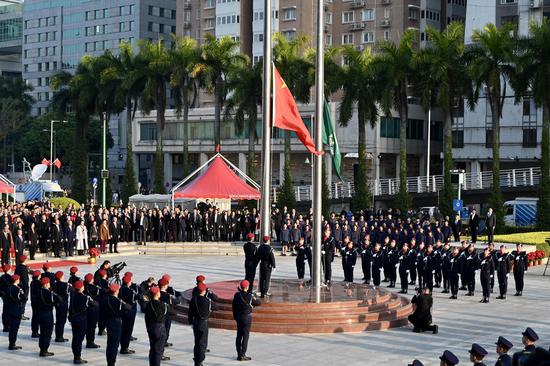
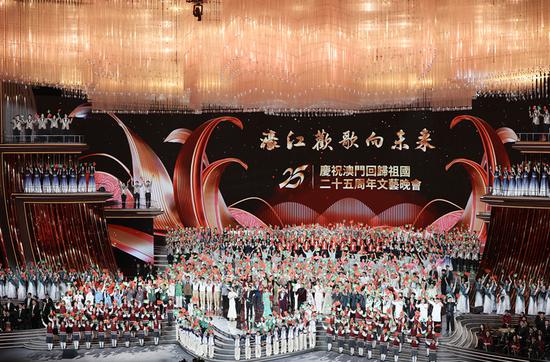
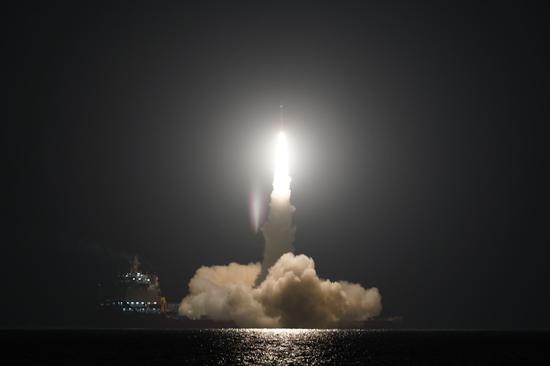


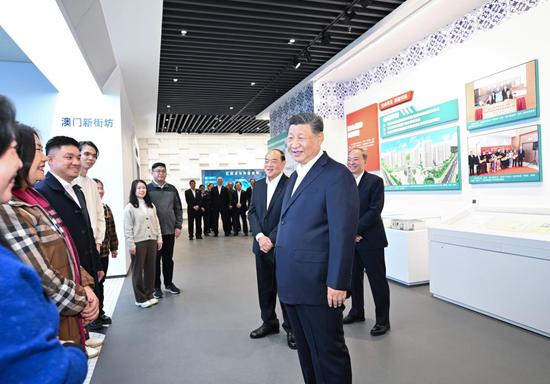



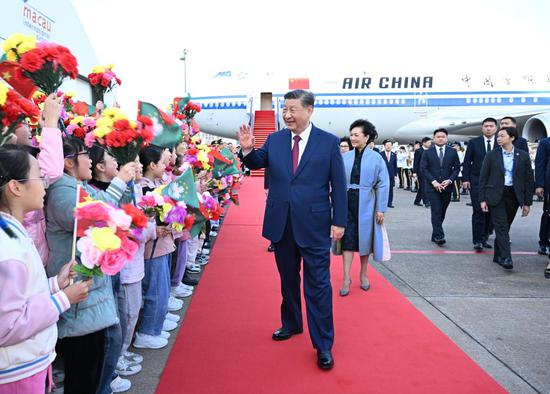

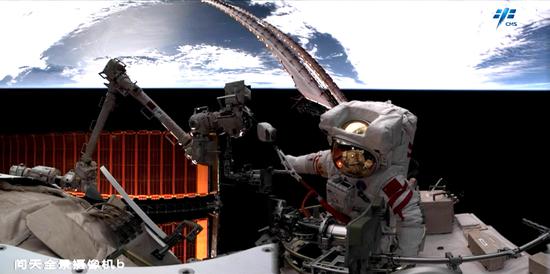

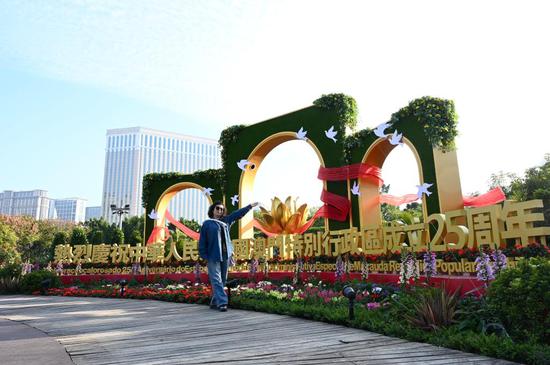
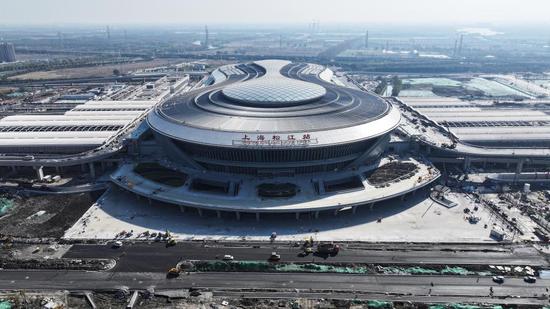


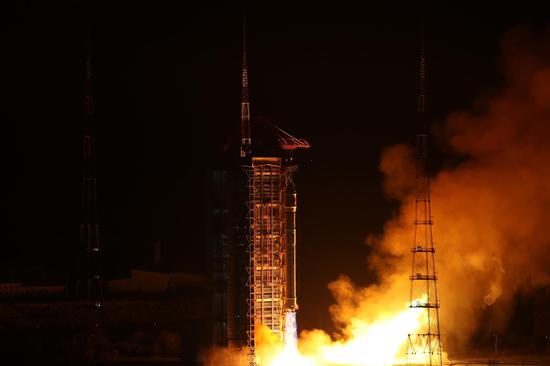


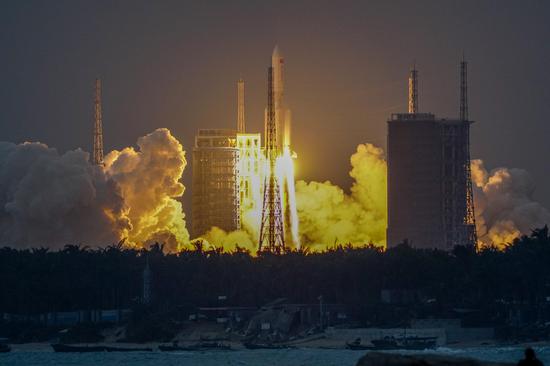





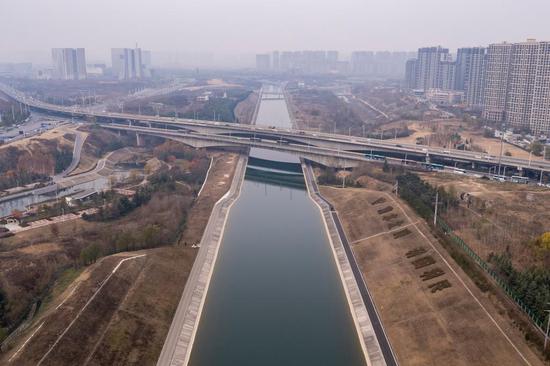

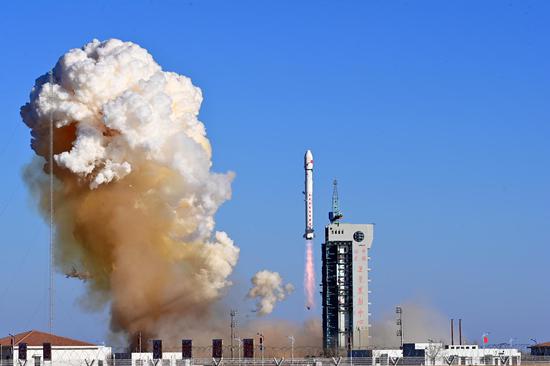




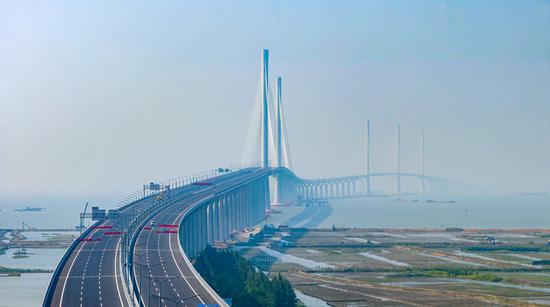






 京公网安备 11010202009201号
京公网安备 11010202009201号